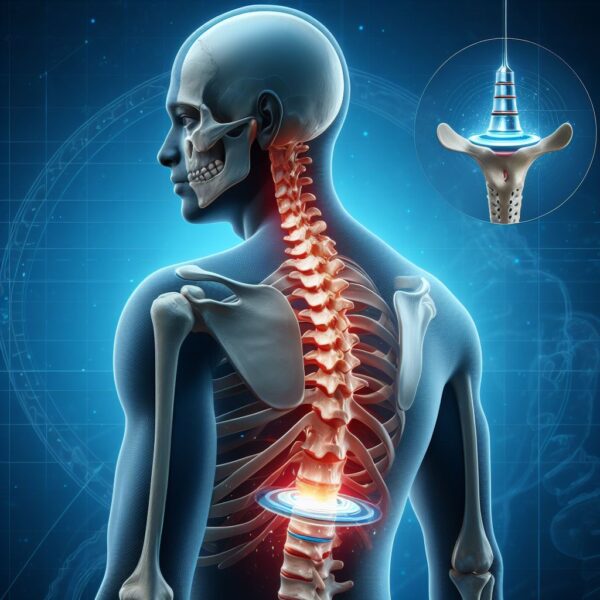
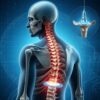
From: 100.00$
The Iran Health Clinic is a reputable medical center that specializes in providing advanced fat transfer treatment to its patients. With a team of experienced doctors who have been trained in the latest fat transfer techniques, the clinic is committed to delivering high-quality care that is tailored to meet the unique needs of each patient.
Using state-of-the-art technology and equipment, the clinic can perform fat transfer procedures that are safe, effective, and minimally invasive. Whether you are looking to restore volume to your face, increase the size of your breasts, or enhance your buttocks, the Iran Health Clinic can help you achieve your desired results.
With a warm and welcoming environment, the clinic strives to make every patient feel comfortable and relaxed throughout their entire treatment process. If you are looking for a trusted medical center for your fat transfer needs, then the Iran Health Clinic is the right choice for you.
Familiarity with Treatment:
Artificial Disc Replacement (ADR) surgery, also known as total disc replacement, involves the removal of a damaged or degenerated intervertebral disc in the spine and its replacement with an artificial disc device. This procedure aims to maintain spinal motion and function while alleviating pain and other symptoms associated with disc problems.
Procedure: During ADR surgery, the surgeon removes the affected disc and inserts an artificial disc made of metal or a combination of metal and plastic. The prosthetic disc is designed to mimic the function of a natural intervertebral disc, allowing for normal spinal movement and flexibility.
Who Is It Suitable For?
Who Is It Not Suitable For?
Advantages:
Complications:
Preoperative Care:
Postoperative Care:
Only logged in customers who have purchased this product may leave a review.
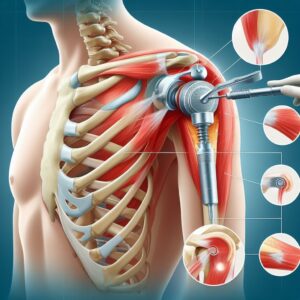
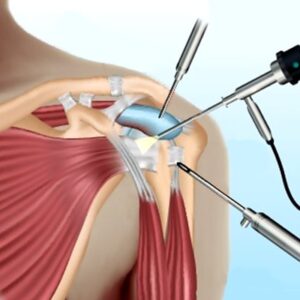
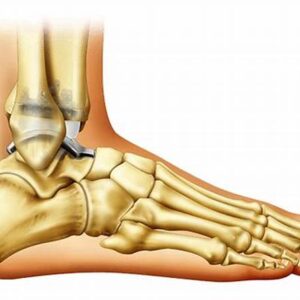
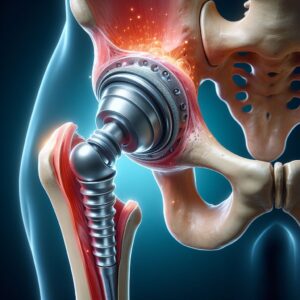
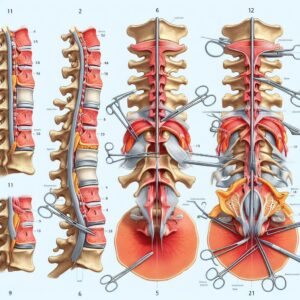
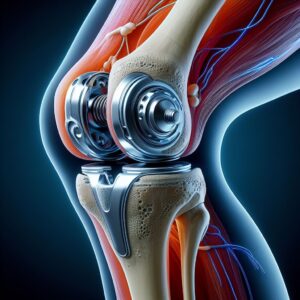
Familiarity with Treatment:
Artificial Disc Replacement (ADR) surgery, also known as total disc replacement, involves the removal of a damaged or degenerated intervertebral disc in the spine and its replacement with an artificial disc device. This procedure aims to maintain spinal motion and function while alleviating pain and other symptoms associated with disc problems.
Procedure: During ADR surgery, the surgeon removes the affected disc and inserts an artificial disc made of metal or a combination of metal and plastic. The prosthetic disc is designed to mimic the function of a natural intervertebral disc, allowing for normal spinal movement and flexibility.
Who Is It Suitable For?
Who Is It Not Suitable For?
Advantages:
Complications:
Preoperative Care:
Postoperative Care:
There are no reviews yet.
Only logged in customers who have purchased this product may leave a review.
Choosing the right hospital and physician are important factors to consider that significantly influence a patient’s treatment. The preferred choice for many patients is choosing private care.
Choosing the right hospital and physician are important factors to consider that significantly influence a patient’s treatment.
Reviews
There are no reviews yet.